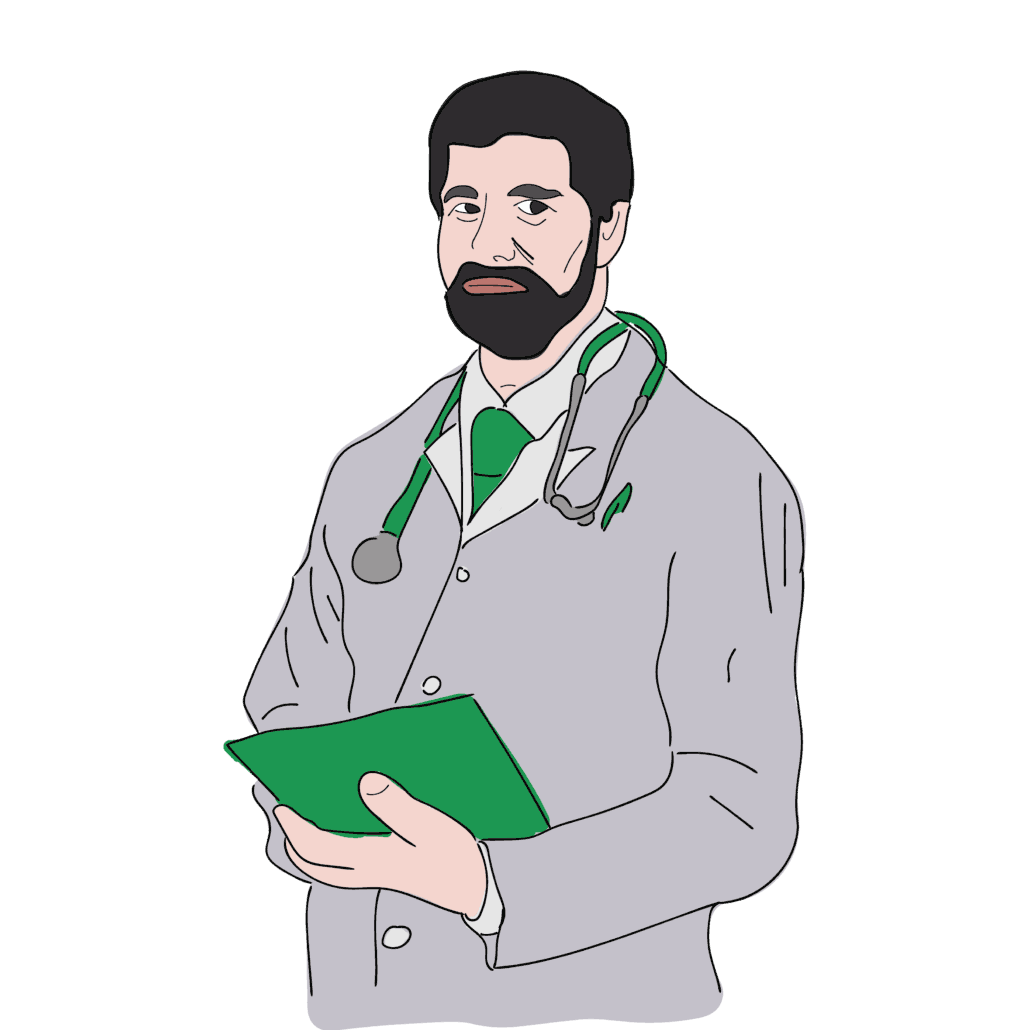Chapter 3
Should the patient be discharged?
On a Wednesday afternoon, the interprofessional health care team met to discuss his discharge plan. We sat around the conference room table and began to discuss the situation. Some of the members of the team felt he was ready. Others did not.
Would you like to know each team member's opinion?

Pharmacist
“I’ve gone through all the medications with the patient and his wife. They both said that they understand and are clear on the instructions.”

Social Worker
“I think we may be rushing this discharge. The patient and his wife immigrated to Canada and don’t have any family living here. They also don’t have children. This means they may not have the support they need should something go wrong.”

Home Care Coordinator
“I didn’t realize this patient was ready for discharge, I haven’t received a request to complete the home care assessment. I need to make sure the patient will be safe when he returns home and I need to determine what equipment he may need.”

Charge Nurse
“We’ve promised the bed to another patient (we have a shortage of hospital beds right now). But, I also want to make sure that the patient is safely discharged. The patient has a history of falls.”

Physician
“I’ve signed the discharge order, the patient will be sent home on Friday morning. He’s progressed well and we’ve assigned the bed to another patient.”

Physiotherapist
“I’m pleased with the patient’s progress – his mobility has improved significantly and I think he’ll continue to improve after discharge.”

Occupational Therapist
“I’m also pleased with the patient’s progress. I don’t see any issues with him transitioning back to his home from the hospital.”

Dietitian
“I’ve prepared a meal plan that takes into account the cultural dietary preferences of the patient – but I’m concerned about the patient’s ability to prepare his own meals.”
Questions for Herminia
If the doctor ordered the patient to be discharged, isn't he safe?
Each member of the team may have a different perspective based on their role. They may know things that the doctor doesn’t know about the patient, or understand the specific challenges that the patient faces. These different perspectives are often where conflict on teams arises. Understanding role responsibilities of all team members can help with conflict resolution.